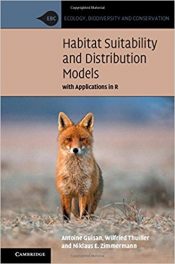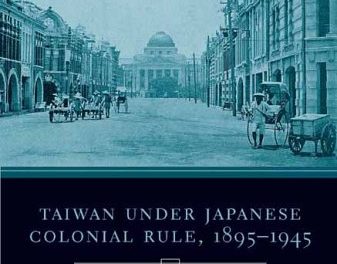Author: Gary Younge
Publisher: Nation Books – 245 pages
Book Review by Laxmi Chaandi
Gary Younge, a columnist for The Guardian and The Nation, explores paradoxes in our identities and really makes us think hard why they persist despite greater present-day interaction among people, in this unique brilliant work of insight into why we insist on highlighting our differences rather than accentuating our commonalities.
Most conflicts over the long course of human history – ranging from small skirmishes between two regional groups within nations to major international wars – have had as their cause some sort of difference between the two sides. The cause may have been economic, ethnic, religious, and territorial or some other type of difference.
Yet with peoples of the world having become closer through the advance of communications – with the advent of the Internet and social media as prime current examples – one would expect that we would develop respect for others’ differences. But on the contrary, conflicts and wars continue, Gary points out and asks why.
Travels to other lands and intermingling between people far different from us have fostered greater understanding. The development of business relations between companies and people located in other countries has helped mutually advance national economies and personal incomes. And with life-changing devices such as cell phones and iPads with talk, text and video capabilities you can see, talk and share experiences live.
Wonderful social media such as Facebook and telecom platforms such as Skype have completely eliminated time limits and costs – you can chat and converse with someone thousands of miles away just as that person were sitting with you in your living room. And for as long you both desire.
With all these opportunities to communicate, why have relations between people not become easier and smoother, the author wonders. And he asks: “Why then are people “retreating to the refuges of religion, nationality, race and region?”
He points out that “we are more alike than we are unalike. But his partial answer to this paradox seems to be: “the way we are unlike matters” (to most people). He gives examples: “To be male in Saudi Arabia, Jewish in Israel, or white in Europe confers certain powers and privileges that those with other identities do not have.”
But Gary explains that our worldview (how we look at or view others as similar or different from us) is molded by our place in society (our economic stratum for example), our political affiliations or lack thereof, and a host of values we cherish or do not care for.
The book explains in sum that at the core of our most serious conflicts and issues with others is our personal and collective identities. It is our identities that unite or divide us. We justify our stands on issues by falling back or retreating to our identities that are shaped by our experience, our education, our affiliation and our set or hierarchy of values.
On a global level, he points out that the United States has been advancing the cause of democracy, freedom and human rights over the decades. But the ‘escalation of neo-liberal globalization has eroded the relevance of the basic unit of democracy – the nation-state – and in so doing disabled the levers previously available to assert our collective will on the world.”
He adds that “in the absence of any meaningful way to advance their interests as citizens, many retreat into their laagers of place, race, religion – to name a few – as a means of self-defense.
He urges us, on international and national levels, to “halt this retreat, to search for common, higher ground.” Otherwise, we have to undesirably “be prepared to see a society more dangerously divided than ever before.”
To develop greater tolerance for people who are different from you in various ways and to understand why you perceive others – positively or negatively – get and read this book. Gary Younge has done an admirable job of examining deeply the issue of identity in this insightful book, and we should heed his call of understanding that critical issue and using the knowledge we gain to reduce human conflict and lead harmonious lives.






